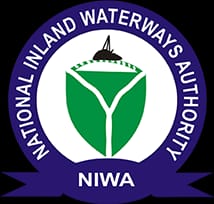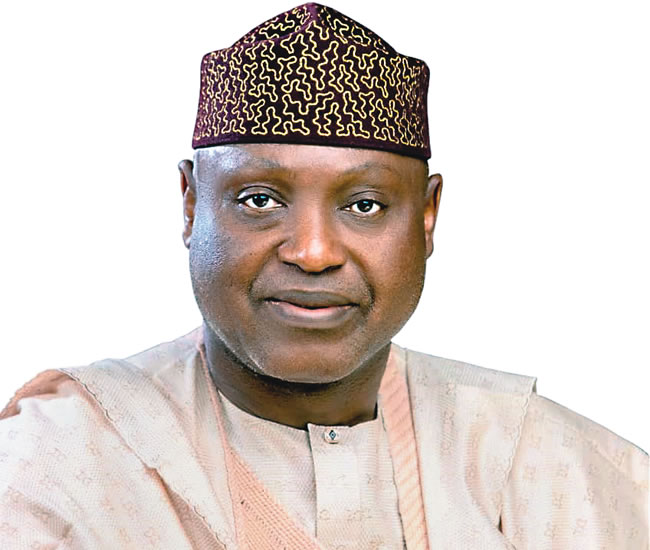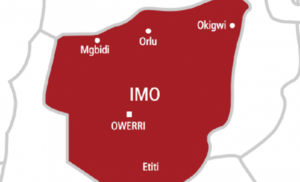Failure of Leadership at NIWA
By James Bamgbose
There is something deeply troubling about a country where travel by water has become a gamble with death. The images are becoming too familiar: capsized boats and frantic rescue efforts. Behind every one of these tragedies lies a system that has failed, one that was supposed to protect, regulate, and ensure safe passage for its citizens. That system is the National Inland Waterways Authority (NIWA), and it is failing spectacularly.
Every death on our waterways is a painful reminder that the leadership at NIWA has lost the plot. The agency was not created to decorate bureaucratic charts or occupy space. It was established to secure a vital part of our national infrastructure. But what we see today is a body without insightfulness, innovation, and accountability from the leader.
Communities who rely on rivers and creeks to move goods, access education, or reach hospitals are being left behind. Boats operate without regulation. Safety measures are either absent or ignored. There is no national water safety campaign, no routine inspections, and no precautious investment in emergency response. It’s as though the deaths don’t count because they happen quietly, far from the spotlight.
The few measures NIWA parades like sporadic distribution of life jackets or deploying under-equipped marshals are nothing but cosmetic. They don’t fix the rot at the core. There is no systemic planning, no forward-looking policy, and, worst of all, no sense of responsibility.
As the Blue Marine Alliance rightly put it, “The idea of sharing life jackets and posting waterways marshals are not addressing the core of the problem.” And it’s not. Safety should be embedded in the structure of water transportation, not treated as an afterthought.
The managing director of NIWA, Mr. Bola Oyebamiji must accept that his job is not just about protocol visits and issuing press statements. It is about saving lives. It is about creating a working, modern, and safe waterways system in one of the most naturally blessed nations for inland water transport. It is about making sure that no Nigerian boards a boat with fear in their heart.
If NIWA’s current leadership is unable or unwilling to address the root causes of these constant tragedies, then for the sake of the nation, there must be a change, either in attitude or in personnel. As the Blue Marine Alliance warned, “If the managing director has no clue… he should take a crash course in modern waterway management… There is no excuse for the current failure.”
Our waterways should be assets, not death traps. The people who use them are not expendable. They deserve safety, dignity, and care. That is not too much to ask. But it is too much to expect from a system that no longer feels responsible.
Leadership is not about position. It’s about action. And where there is no action, there is no leadership. If the Agency MD knows he is unfit to drive reforms in NIWA, it will only be logical for him to honourably resign his role rather than allow lives to be wasted because of negligence of his failure. Perhaps the MD has abandoned his assignment in pursuit of his party gubernatorial ticket in the 2026 gubernatorial election. Either way, enough is enough on the lost lives. He should resign and focus on fighting for the gubernatorial ticket then.















Post Comment